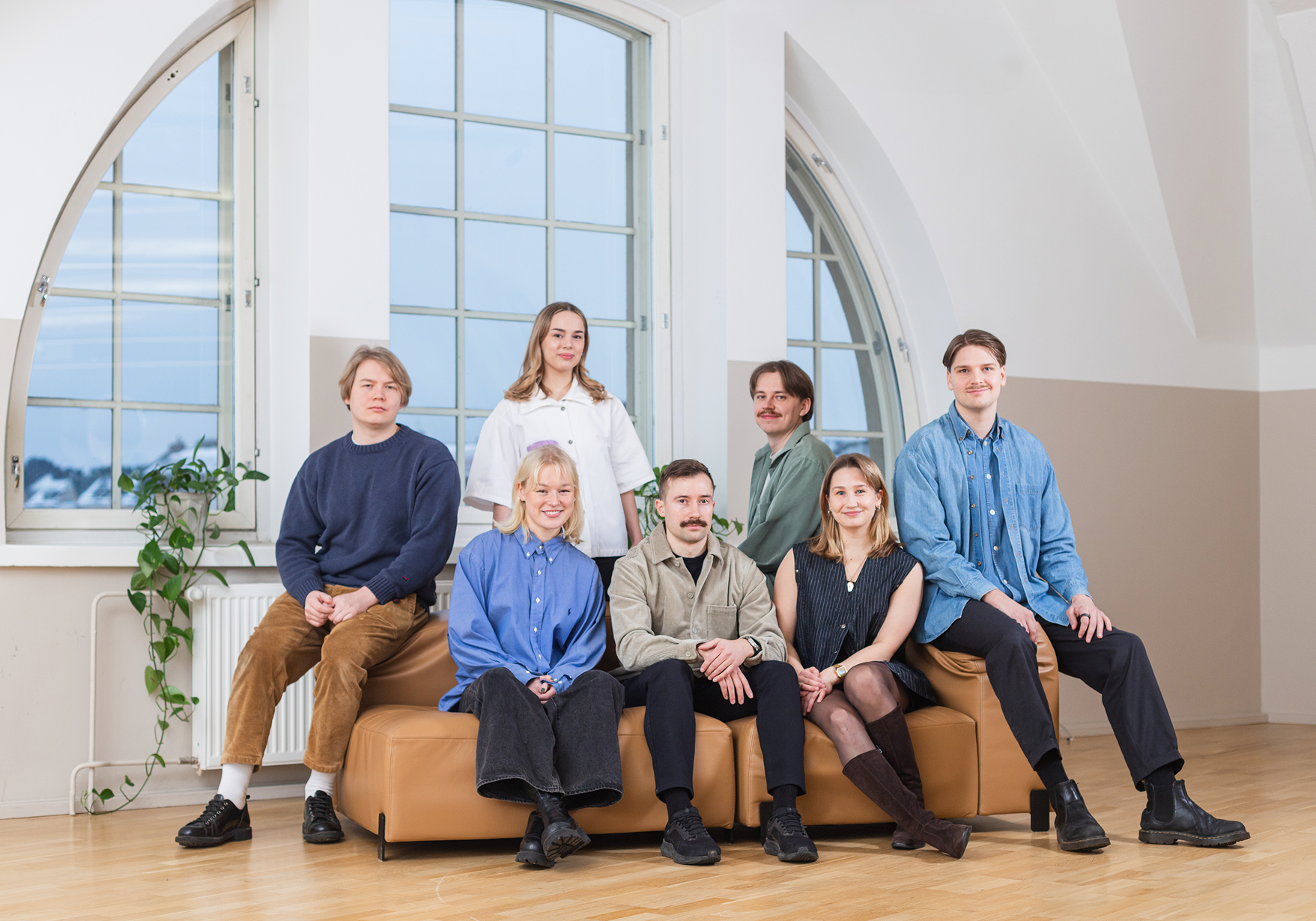“Go big or go home” might not be the official thesis that powers Swedish billionaire Harald Mix’s company builder and investment firm Vargas, but it’s a fair way of describing its strategy. It’s already cofounded ambitious projects like battery giant Northvolt, sustainable steel manufacturer H2 Green Steel and heat pump startup Aira, the fastest-growing startup in the Nordics.
Vargas is doing it again with its two-year-old textile recycling startup Syre (meaning “oxygen” in Swedish), which has announced the closure of its $100m Series A. The round was led by US-headquartered private equity firm TPG Rise Climate, which is investing $50m.
Other investors in the Series A include VCs Giant Ventures and Norrsken VC and strategic Sweden-based investors fashion giant H&M (also a cofounder of Syre), Volvo Cars and the IKEA-linked IMAS Foundation.
With the funding news, the company is also announcing the location of two new large recycling plants in Iberia and Vietnam.
Cofounded with H&M
Vargas launched Syre as a joint venture with H&M after conversations about the clothing maker’s problems with recycling textiles. Fashion is one of the most polluting industries in the world, generating huge volumes of greenhouse gas emissions: in 2024 it is estimated to produce 1bn metric tons of carbon dioxide.
Syre was born following a meeting, set up by Northvolt and H2 Green Steel board member Susanna Campbell, between Vargas and H&M.
H&M has invested in several recycling companies in the last decade, such as Finland’s Infinited Fiber, UK startup Worn Again, Finnish Spinnova and Sweden’s Renewcell, which H&M had a 10% stake in but filed for bankruptcy in February.
However, those investments were not enough to help the clothing maker reach its sustainability goals, according to Nobelius.
One of the issues with smaller textile recycling companies is that they haven’t been able to attract enough investments to quickly scale their technology and production to bring the costs down, he says.
“The problem is that most start too small. You run a sequence and you take it from there to the pilot stage. Then you build a slightly bigger factory and another slightly bigger one,” Nobelius says.
“If we need to drive this climate transition, we need to do it at large scale, quickly, and in parallel…Our substantial size has not been seen before (in this industry). That is important, but what makes a real difference is our ability to scale to an attractive price point.”
Syre, which has been working in stealth for the last two years, was officially launched less than three months ago, with a core focus on recycling polyester — the oil-based fibre that has the biggest impact on CO2 of any textile.
Syre has a 20-strong team from various industries. Apart from Nobelius, who is the former COO of the electric car company Polestar, the team is a mix of people from the film industry, legal experts previously at Spotify, former fashion CEOs and people with experience building factories. It has even managed to attract the Allbirds founder as commercial director.
“You do it according to Vargas's model, you recruit an experienced team to scale, and you buy the technology,” says Nobelius.
Acquires the technology to scale it
The Vargas team evaluated around 20 recycling technologies on the market to see which one could be acquired and reach scale in a cost-effective way.
It settled on a solution from a small company called Premirr based in the clothing hub of North Carolina, where two professors and a couple of employees had been working on recycling technology for nearly a decade.
“They had been refining the technology for the past eight, nine years but didn't have the capability to scale it, or didn’t have the financial muscles to do it,” Nobelius says.
The capital raised for its Series A will pay for the full acquisition of Premirr and to finance the pilot plant in North Carolina, where Syre will base its research and development centre.
The recycling facility in the US can produce around 1,000 tons of recycled polyester annually but, with Syre’s goal of producing 3% of the world's polyester, larger plants are needed.
Syre plans to set up two recycling plants, which it hopes will be operational in 2026 and has chosen Iberia and Vietnam due to the high volume of textiles produced in each region.
The company is looking to buy polyester in bulk that otherwise would end up in landfill sites or being burnt.
Nobelius says that change is needed on a macro level to reach textile recycling’s full potential, such as regulation against “shipping textile waste to the Global South” as well as creating a more efficient sorting process for textiles.
“We need to make an industry and a business out of it,” he says.
Investors as customers
When it launched earlier this year, Syre announced an “off-take” agreement (an advance deal for business) with its founding partner H&M worth $600m over seven years. Off-take agreements are a central part of the Vargas playbook, helping to de-risk capital-intensive infrastructure.
Apart from in clothes, polyester is also widely used in car production and furniture. By attracting strategic investors such as IMAS Foundation, a sister foundation to INGKA Foundation (which owns the majority of IKEA stores), Syre can tick off having a furniture customer.
Volvo Cars is another strategic investor, opening up space for car manufacturers.
Nobelius doesn’t believe that these strategic investors will in any way hinder the company from working with their competitors. Northvolt, for example, has contracts with several car manufacturers for batteries.
“Theoretically, it could be a problem. But if you look at Northvolt, it hasn't been a concern. H&M has also been very clear from the beginning that they won’t be the majority owner and that others should be able to enter,” Nobelius says.
“I think the idea is that it's perfectly okay to compete on the front end in the retail area and then collaborate in the backend.”



